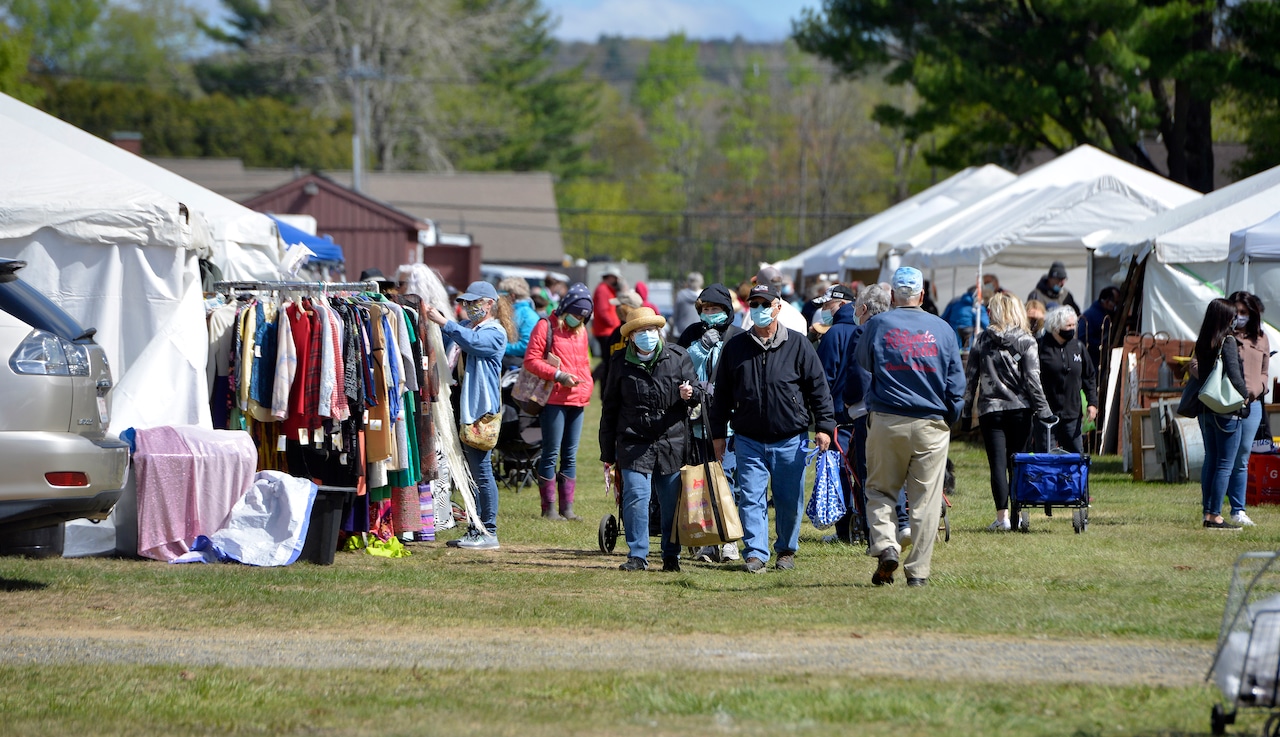
The pandemic left individuals and society as a whole with clearly seen, evolving and yet to be discovered losses. Not only did families lose loved ones, they were not able to visit while sick or be there for their last breath.
A recent research article looked at the consequences and negative impacts of visitation restrictions on relatives of COVID-19 patients. Relatives of deceased ICU patients reported more symptoms including post traumatic stress disorder (PTSD). Families reported it was very challenging having a relative in ICU during the pandemic but patient outcome affected how deep the impact.
The study included phone interviews with family members. A higher percentage were children of the patient rather than spouses. 52% of families of deceased patient vs 41% of alive patients reported having PTSD.
Three main challenges were prevalent with all families interviewed. Those were: “The patient lacked comfort and communication from family, The family member was unable to witness events in real time, The family member could not use visual cues to realize the severity of the patient’s condition.”
Those with deceased family members report living with the thought that they may have prevented their death if they could have visited them. They felt they may have been able to advocate for them if they were able to see them.
These findings reflect how important it is for family members to be involved in patient care. It is crucial to update with clinical changes in real time and include them in decision making, If families are unable to see their loved one, they need assurance that the patient is receiving comfort and motivation as well as medical care.
As with everything in life, hindsight is 20/20 vision and everyone is a Monday morning quarterback. The COVID pandemic was a unique situation in our lifetime with more unknown than known and slowly unraveling information. Many hospitals utilized face time or other technology options. The threat of the spread in hospital and out was huge and prohibited any in person visitation even with masks and gowns.
It is unfair to place blame on hospital staff. They were doing the best they could with changing daily information. Most hospitals were grossly understaffed with staff out sick and staff dying. Staff had never faced such horrific illness and death without a clear understanding of the disease.
For those of you out there who are struggling with the thought you could have changed fate, please try to believe that your loved one would want you to find peace.
Even those that weren’t affected by serious illness and grief during the pandemic were grasping for something to help them through. Those suffering deeper loss and difficulties surely needed their community to hold them up. All we really have is each other to help us through difficult times.
Hospitals can prepare for future situations with a creative plan in place to keep close contact and communication with families and perhaps allow loved ones in with full personal protective equipment to say goodbye. Holding your loved one’s hand with a gloved hand is infinitely better than no hand to hold as they leave this world.
We are all just walking each other home. -Jessica Levine
Take care of yourself and someone else.
Juanita Carnes is a Westfield resident and a nurse practitioner with 38 years of experience in a hospital emergency department and urgent care facilities. She served 30 years on the Westfield Board of Health.





